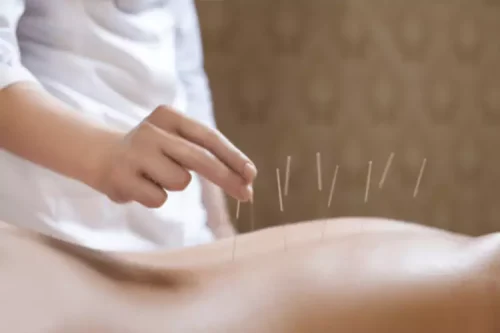Have you ever felt a warm and fuzzy feeling in your heart when someone does something nice for you? That feeling is called gratitude, and it’s one of the most powerful emotions we can experience. One approach to shifting perspective through gratitude is to practice gratitude for the lessons learned from challenging situations. Reflecting on how adversity has contributed to growth and personal development can bring a sense of gratitude and empowerment. It’s important to remember that setbacks and obstacles can often lead to valuable insights and resilience.
Cultivating Gratitude in Difficult Times
By practicing gratitude regularly, we can train ourselves to see the good in every situation, to appreciate the people around us, and to find joy in the small things in life. Recovery is difficult, and maintaining a sense of gratitude can be crucial to a full and lasting recovery. By expressing thankfulness for everything you have in your life, you can begin to see the glass as half full rather than half empty. Additionally, gratitude has been linked with increased resilience, better sleep, and improved physical and mental health. So, if you’re looking for a way to boost your recovery, start by practicing gratitude.
Gratitude Can Promote Positivity
Gratitude is one key that you can use to unlock new depths of joy in your recovery process. As you practice gratitude in recovery, it’s also important to remember the bad times. Even if today wasn’t your best, have perspective on how far you’ve come.

Gratitude Is an Important in Overcoming Substance Abuse
Settings aside some daily moments of reflection where you express thankfulness can also work wonders in developing positive outlooks. To truly harness the power of gratitude in the recovery journey, it is essential to make gratitude a long-term habit. By integrating gratitude into daily life and continuing the practice beyond recovery, individuals can experience lasting benefits and maintain a positive mindset. A positive outlook is important because addiction itself fosters a host of negative emotions and ways of seeing the world.

Gratitude Is a Muscle: It Takes Time and Practice to Master
- If you recently completed drug rehab, you most likely learned a few (if not many) valuable life lessons that changed you for the better.
- You can even make a joke about it and send these thank-you memes to the people you love most.
- Addiction is a disease, and neither intelligence, education or great family support can prevent it.
- Practicing gratitude may seem easy to some but daunting to others.
Available 24 hours,7 days a week
How does cultivating a thankful mindset help in addiction recovery?
Four Tips to Cultivate Gratitude in Recovery
- Being able to recognize all those who help us get through life brings a sense of radiance into our everyday demeanor setting an example that paying it forward only leads to prosperity.
- It’s not just a feel-good emotion; gratitude has been scientifically proven to have a significant impact on mental health.
- However, it complements the journey by fostering appreciation without hindering personal growth.
- As bears climb over or under the barbed wire to investigate the scent, their hair collects on the barbs without causing injury to the bear.
- One study of 300 people in mental health treatment, who benefitted from gratitude exercises, found interesting potential reasons it works.
- If you’re liking these gratitude quotes, you’ll also like these truth quotes.

